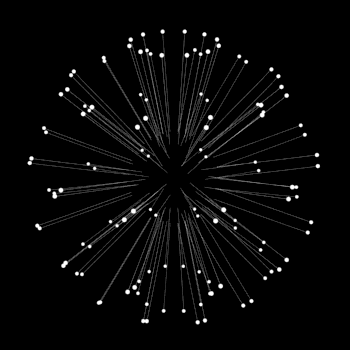Question #3e972
2 Answers
Feb 8, 2018
Explanation:
Feb 8, 2018
Explanation:
Let us rewrite the given Diff. Eqn. as,
Dividing by
The Right Member of the eqn. is note-worthy :
Observe that,
Utilising this, we find that the given eqn. is,
separable variable type. So, Integrating term-wise,

